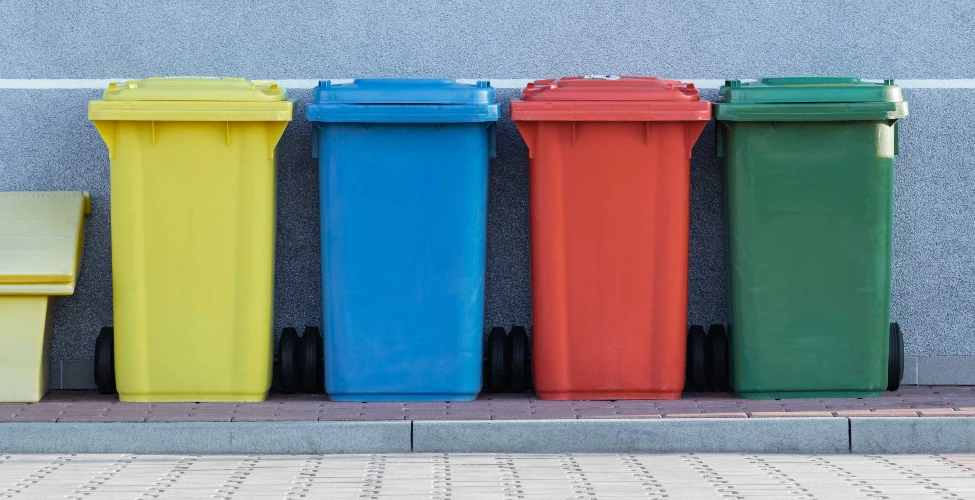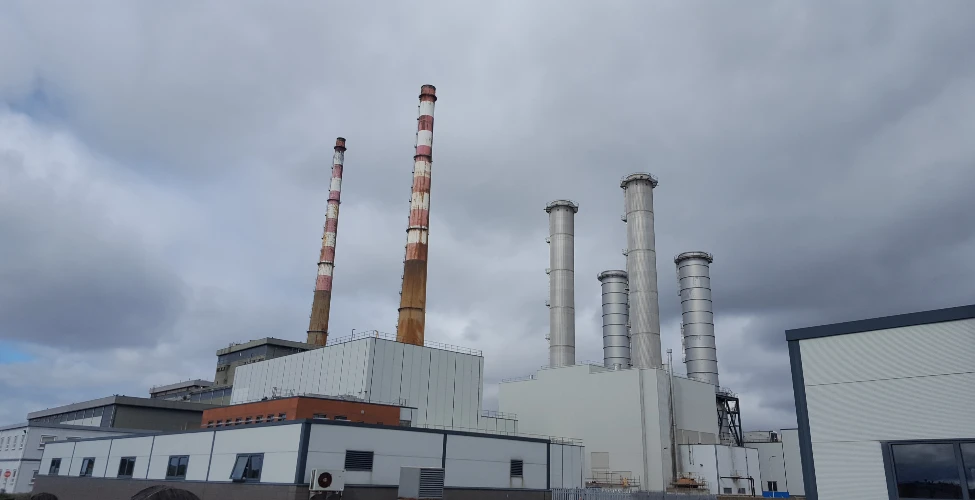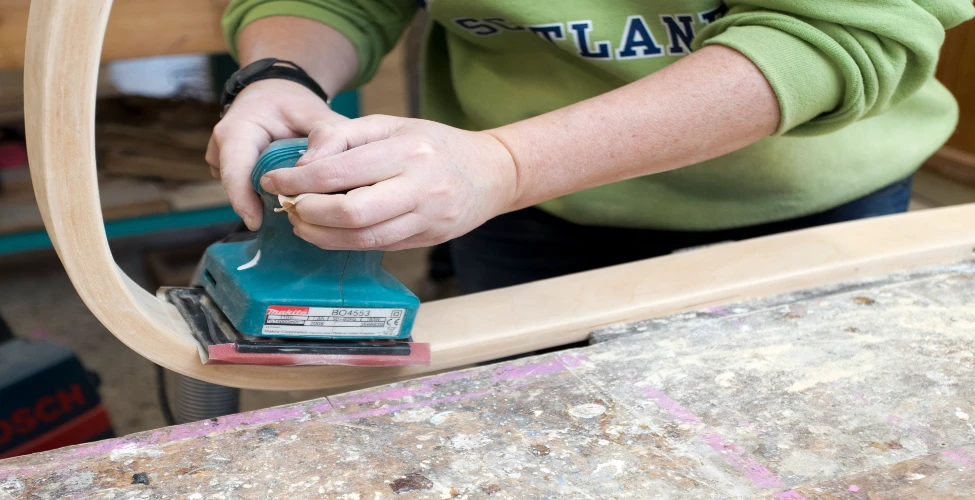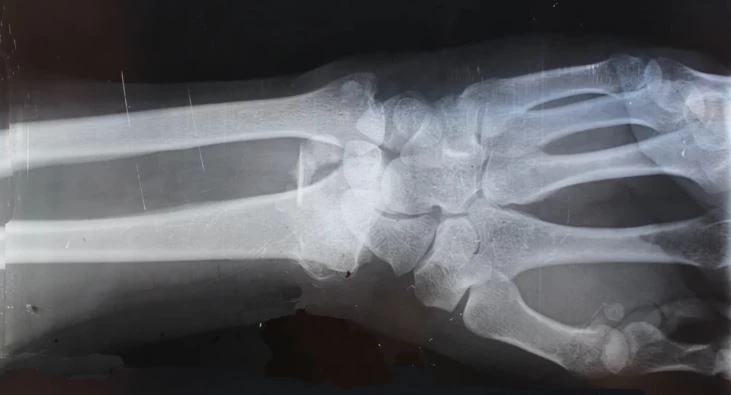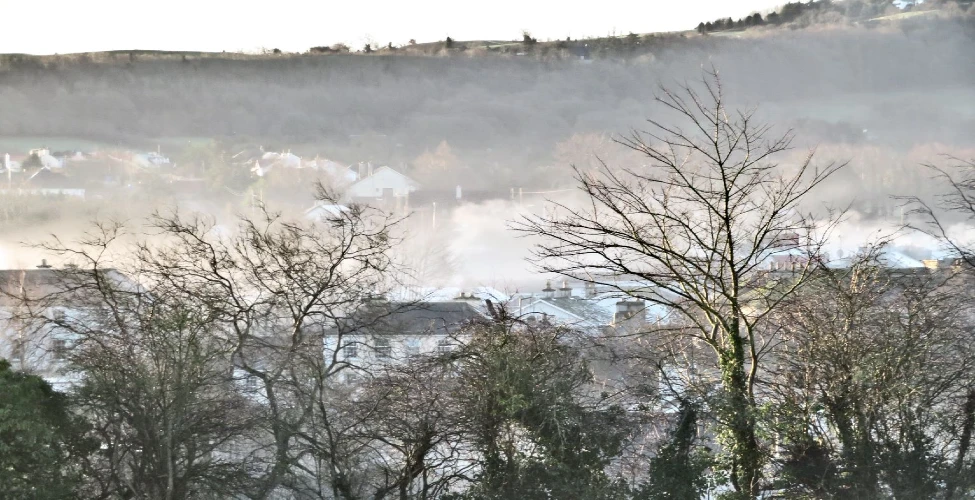
Air Quality at Home
Air pollution in Ireland can be of a local nature, caused by the emission of specific pollutants which either directly, or through chemical reactions and transformations - lead to negative impacts.
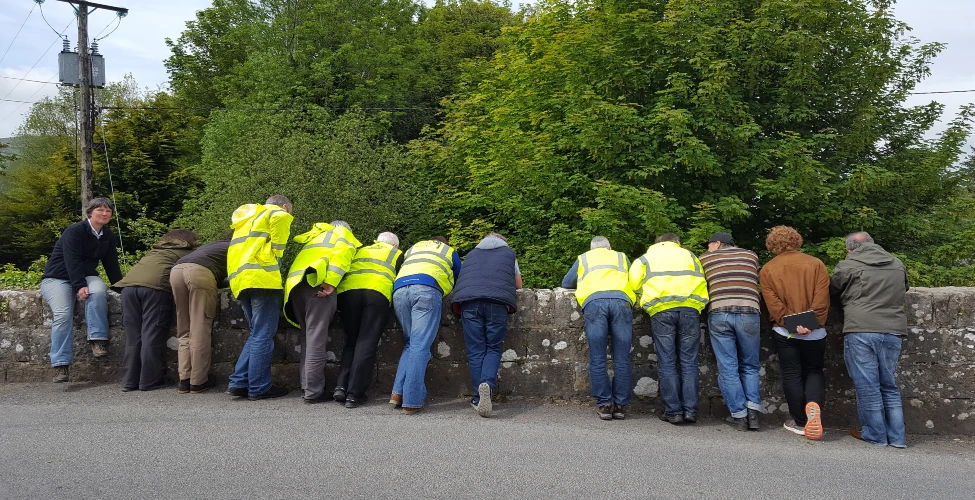
Citizen Science in the Community
Citizen Science is research carried out by members of the public who volunteer to collect scientific data. This research often focuses on monitoring biodiversity, invasive species and climate.
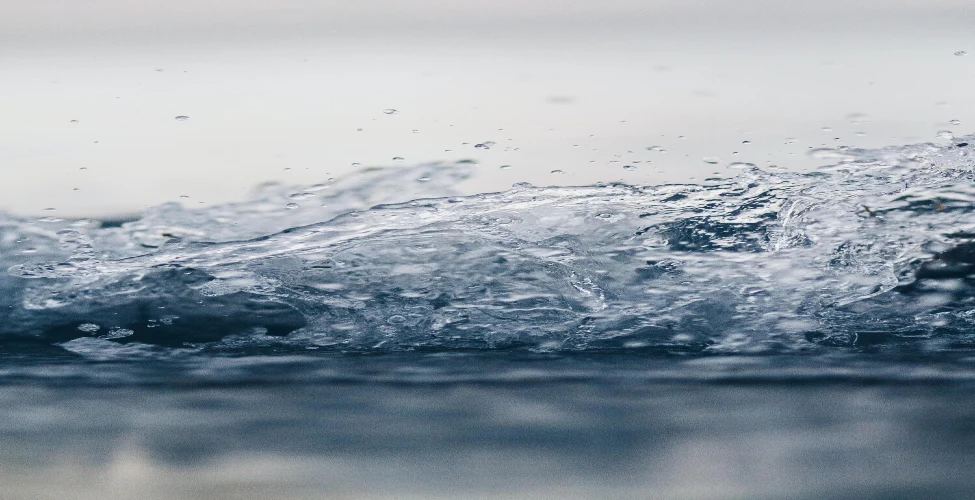
Drinking Water at Home
If your well is contaminated and you are worried about you or your family’s health, you should contact your local HSE office and ask to speak to an Environmental Health Officer
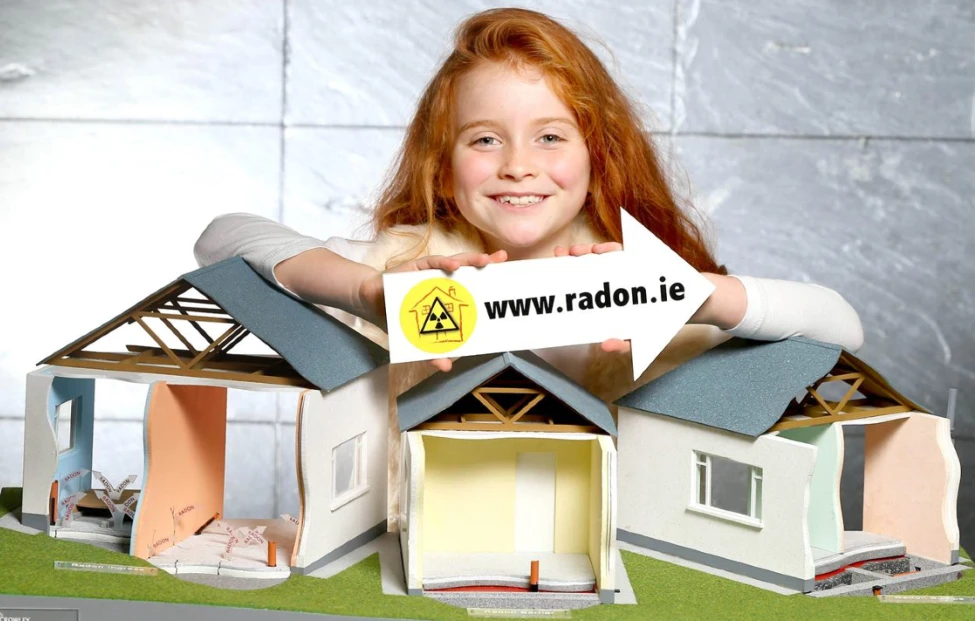
Radon at Home
Radon is a radioactive gas that is present in our homes. It has no taste, colour or smell. It is formed in the ground by the radioactive decay of uranium which is present in all rocks and soils.
